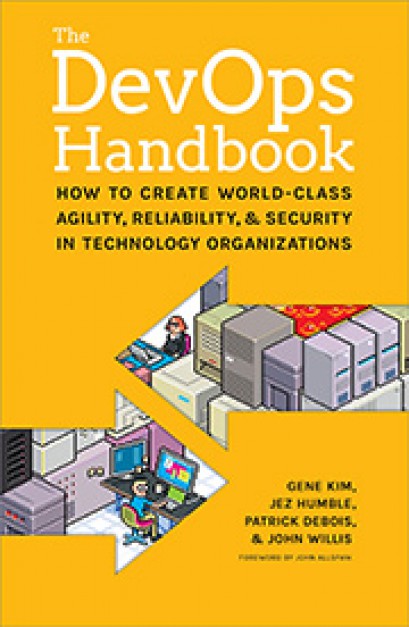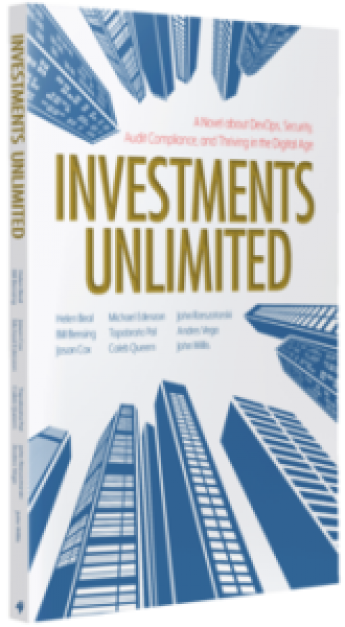Reception and Opening
Welcome & Opening Remarks
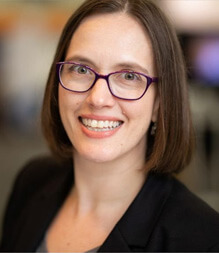

Jennifer Petoff - Senior Program Manager at Google
«Getting Started with Site Reliability Engineering: Principles, Practices and Organizational Culture»
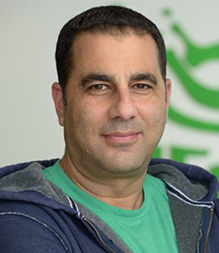

Shlomi Ben Haim - CEO and Co-Founder at Jfrog
«By 2020, All Companies will be DevOps Companies»

Break


Sam Kroonenburg - Co-founder and CEO at A Cloud Guru
«Back from the future: Learnings from 3 years of serverless.»
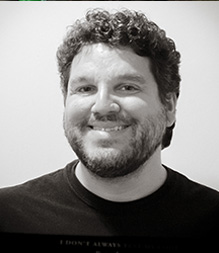

Matty Stratton - DevOps Evangelist at Pager Duty
«The Four Agreements of Incident Response»

Lunch
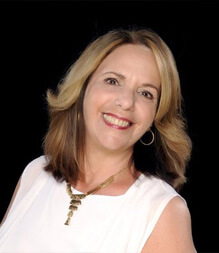

Jayne Groll - Co-founder and CEO at DevOps Institute
«T is the Shape of Transformation Talent»
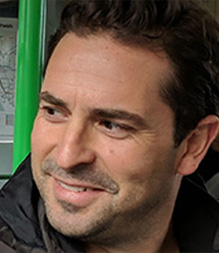

Graham Polley - Google Cloud Platform Practice Lead at Servian
«Building a real-time Twitter pipeline on GCP without using GKE»
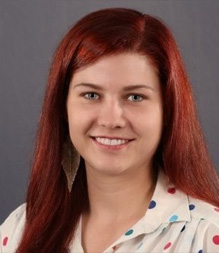

Amy Boyle - Lead Software Engineer at New Relic
«A DevOps Practitioners Guide.»

Break
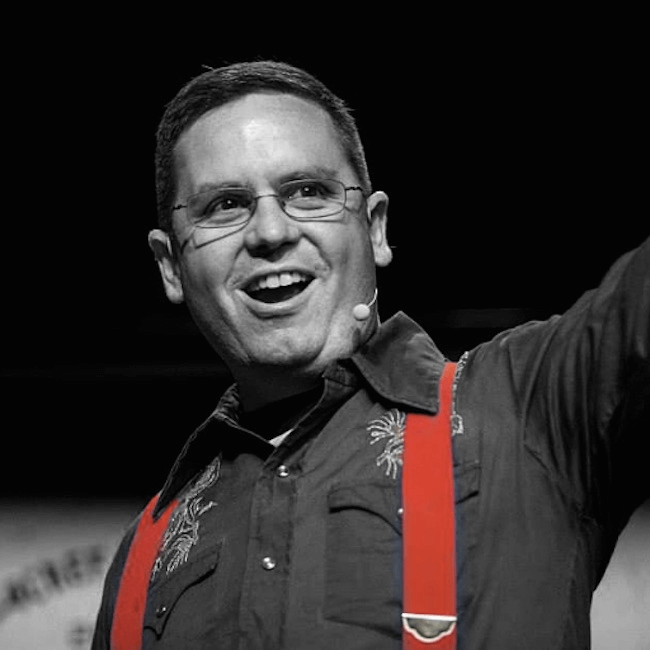

Nathen Harvey - Developer Advocate at Google
«High-Performance Software Delivery & Operations»
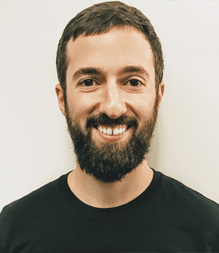

Julian Berton - Application Security Engineer at Seek
«Four Years of Reflection: How (Not) To Secure Web Applications»
Closing Remarks Day 1
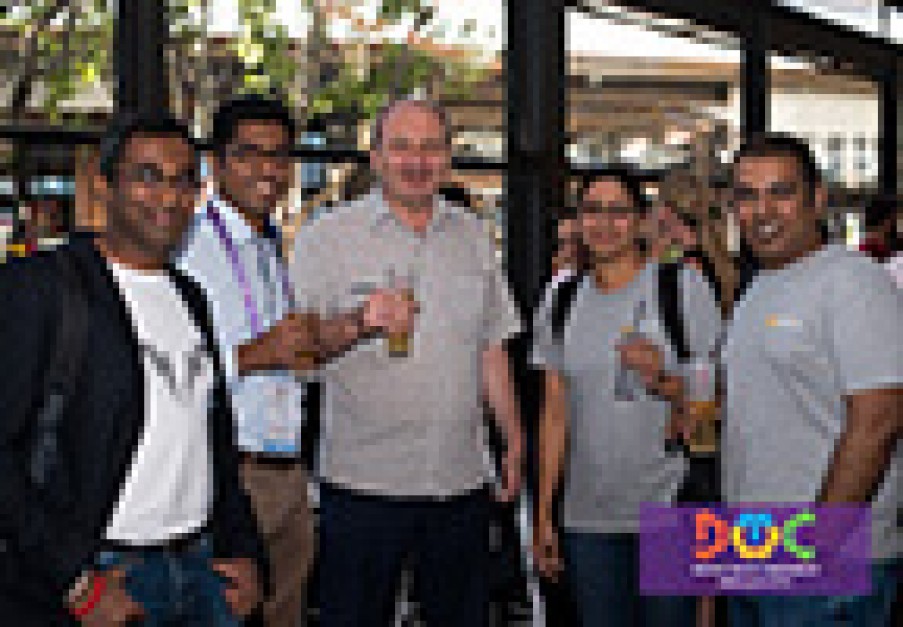
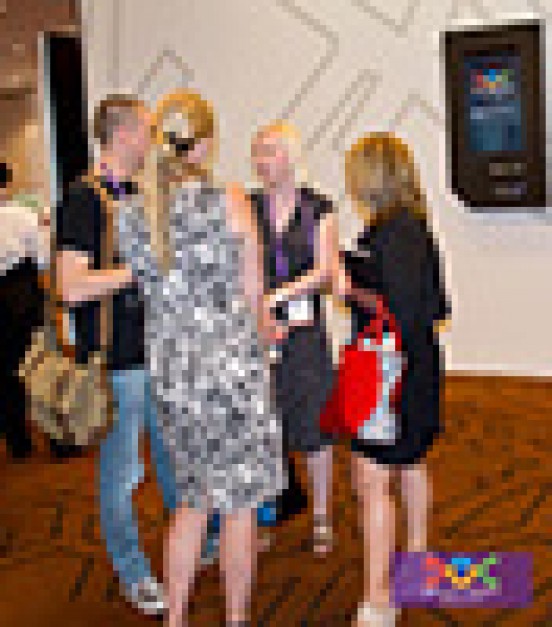
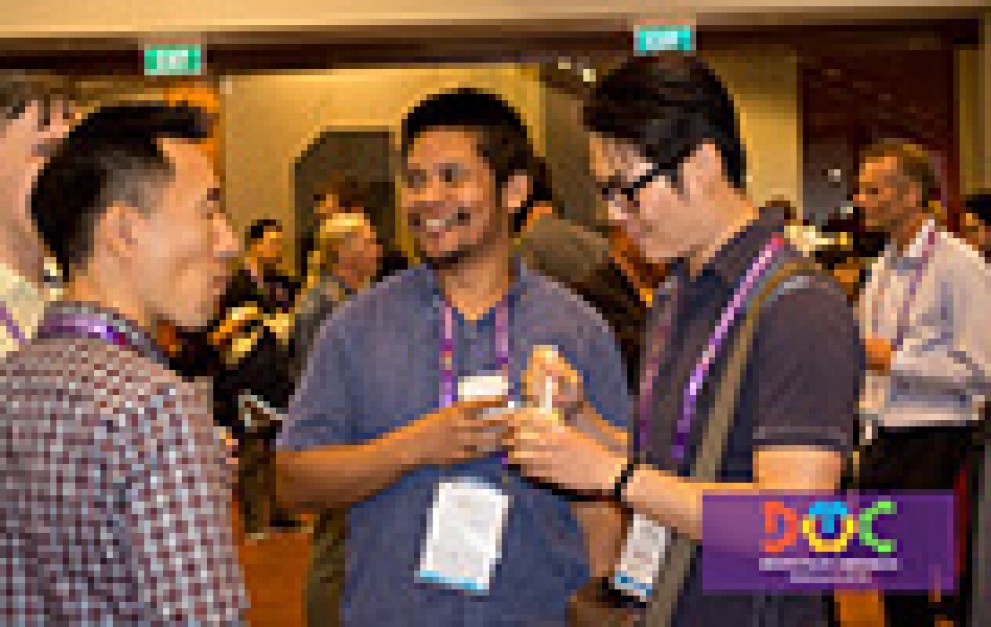
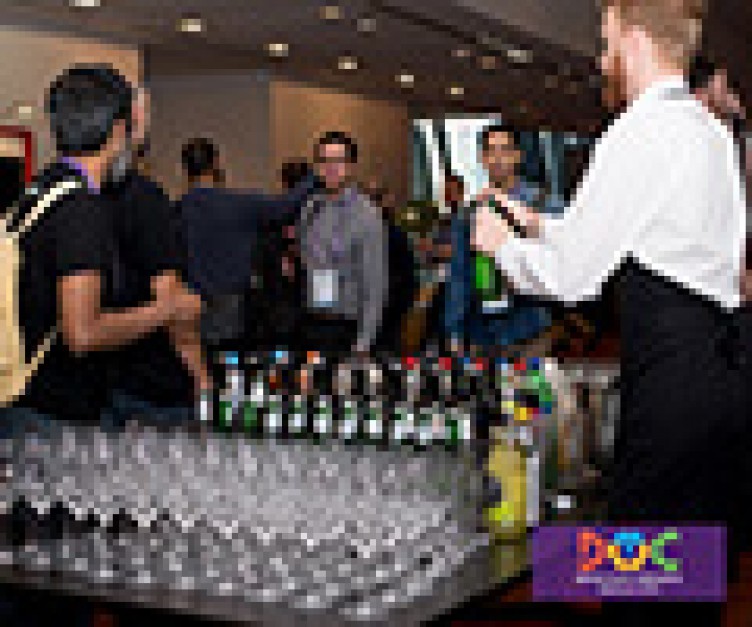
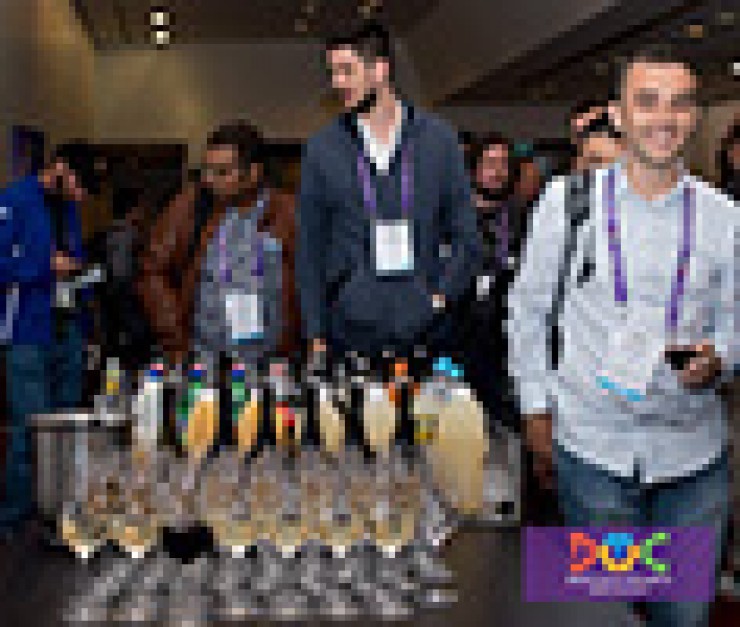
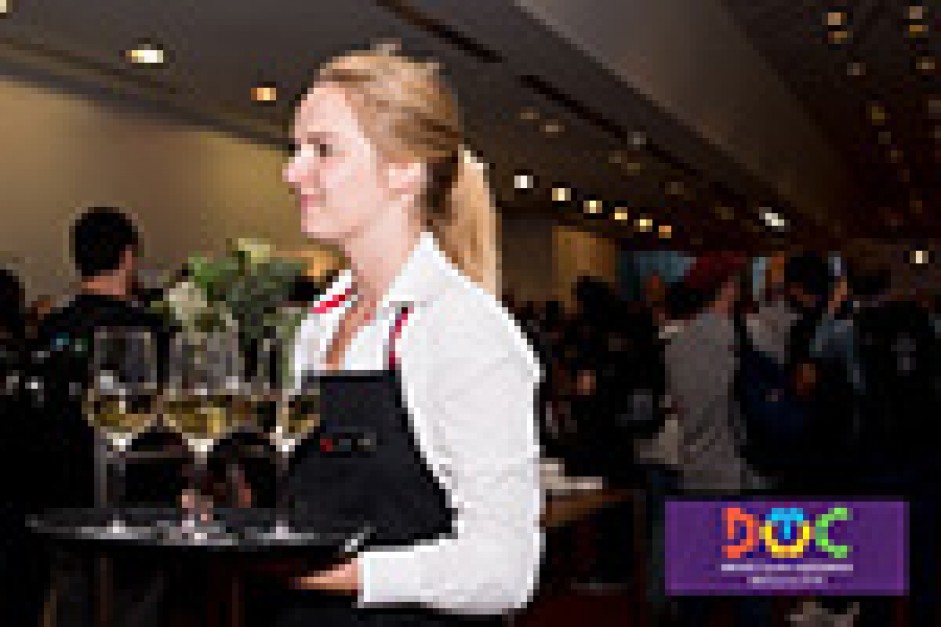
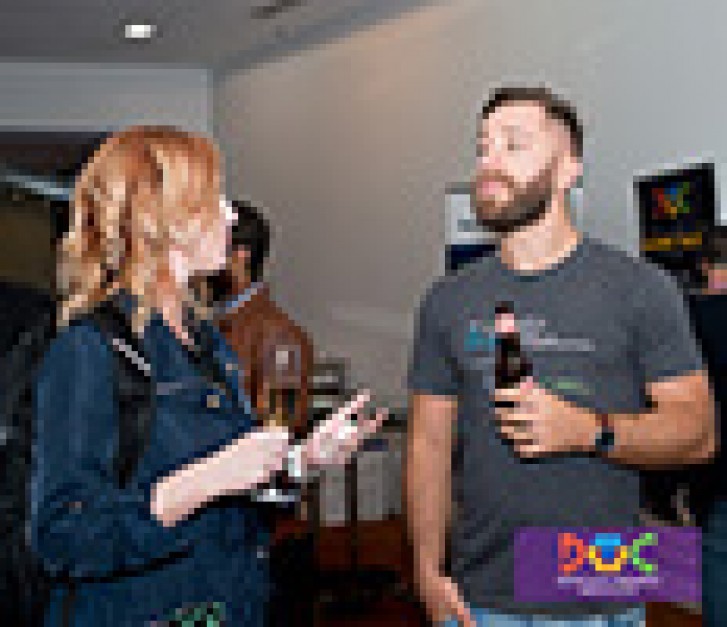
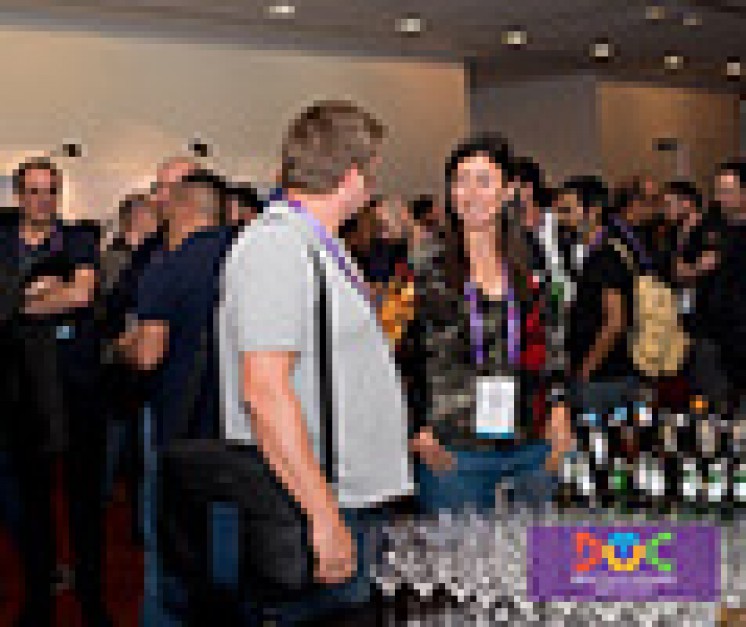
Melbourne Convention and Exhibition Centre, DevOps Talks Conference 2019, Exhibition Area
Reception and Opening
Welcome & Opening Remarks


John Willis - Founder at Batchagalupe
«Devops' Seven Deadly Diseases»
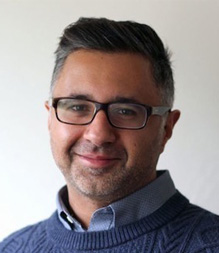

Mark Angrish - Tech Area Lead at anz
«Inversing Conway’s Law»
Break
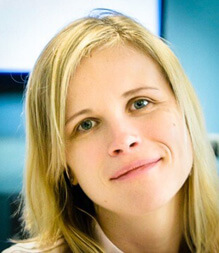

Alena Prokharchyk - Senior Engineering Manager at Rancher Labs
«Building Kubernetes cloud: real world deployment examples, challenges and approaches»
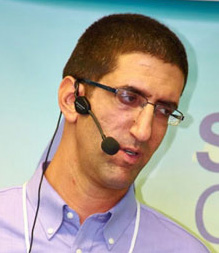

Moshe Milman - Сo-founder and COO at Applitools
«Fixing your automation challenges in the era of CI/CD»

Lunch
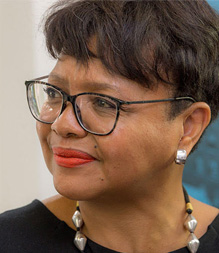

Deborah Burton - Managing Director at Dasa
«Is there a DevOps Skills Gap? You Betcha!»
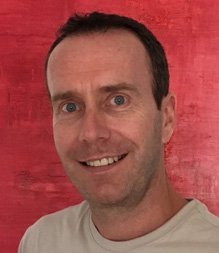

Anthony Rees - APAC Solutions Architect at Chef
«DevOps Tools That Play Well With Others»
Break
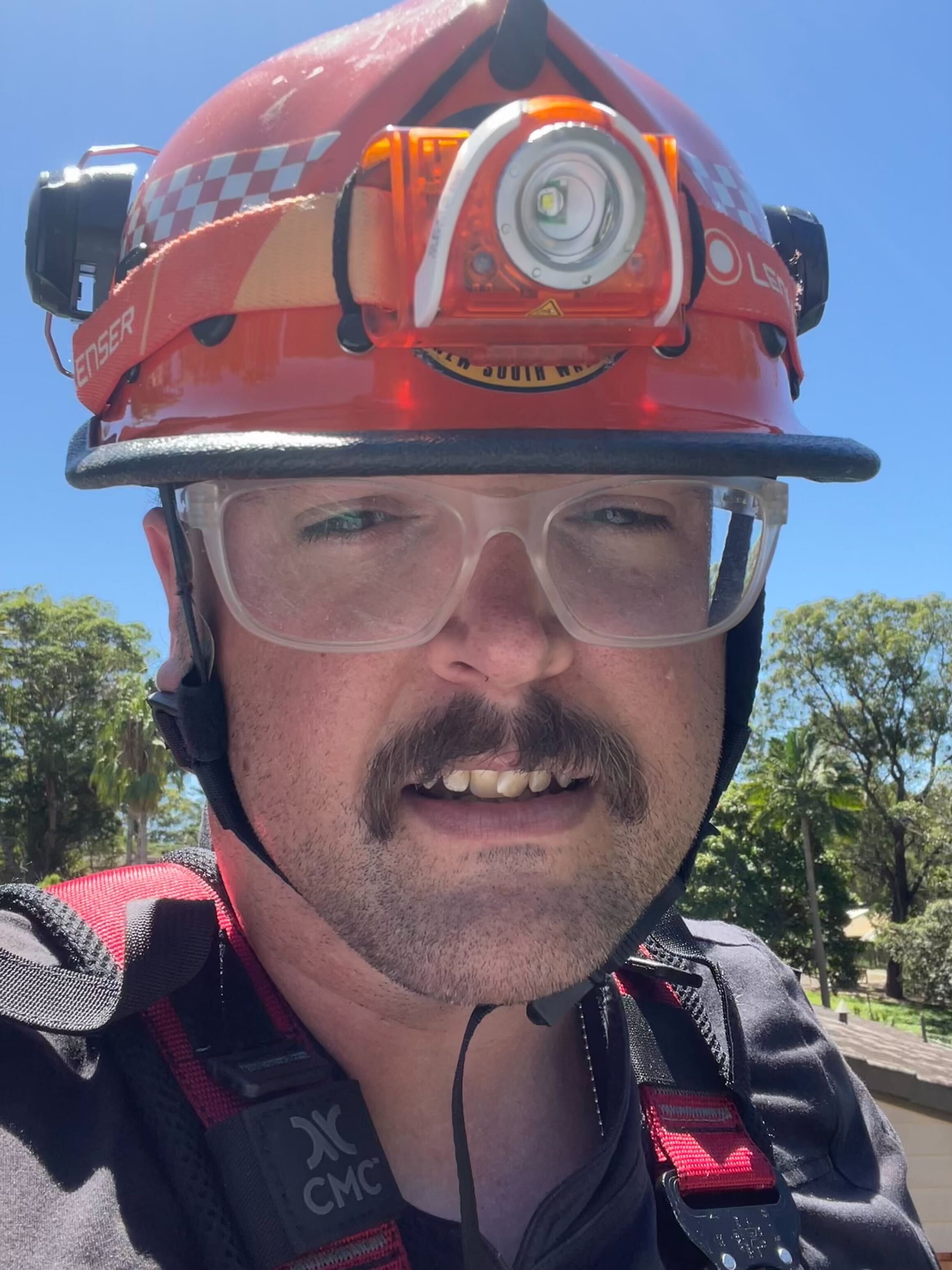

Lindsay Holmwood - Engineering Manager at Envato
«Mirrors, networks, and boundaries – what technical leaders need to know for the next 10 years of devops»
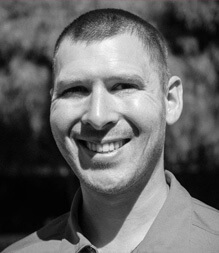

Ken Thompson - Technical Evangelist at Microsoft
«To Hot Dog or Not Hot Dog? That is the question.»
Closing Remarks
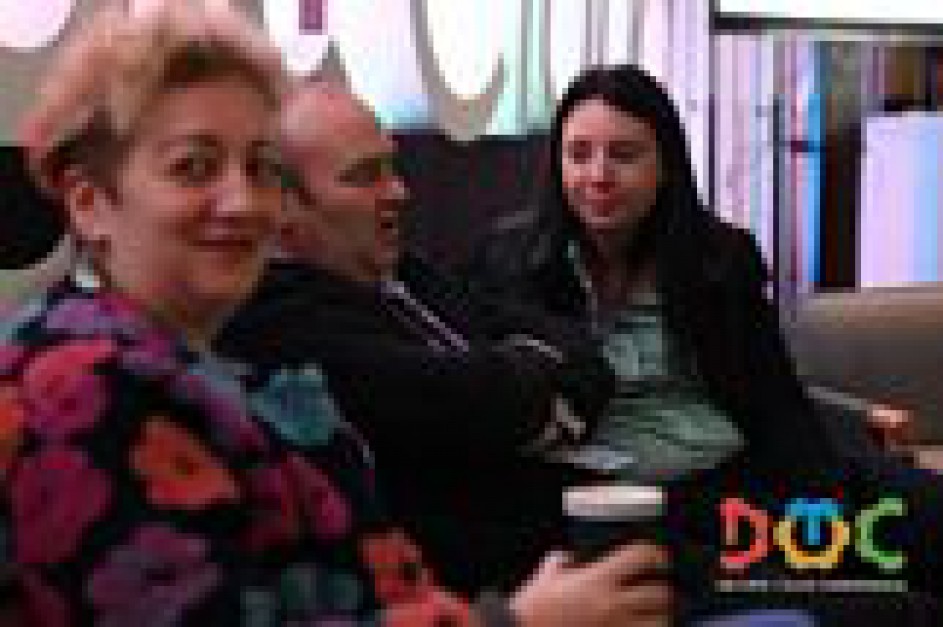
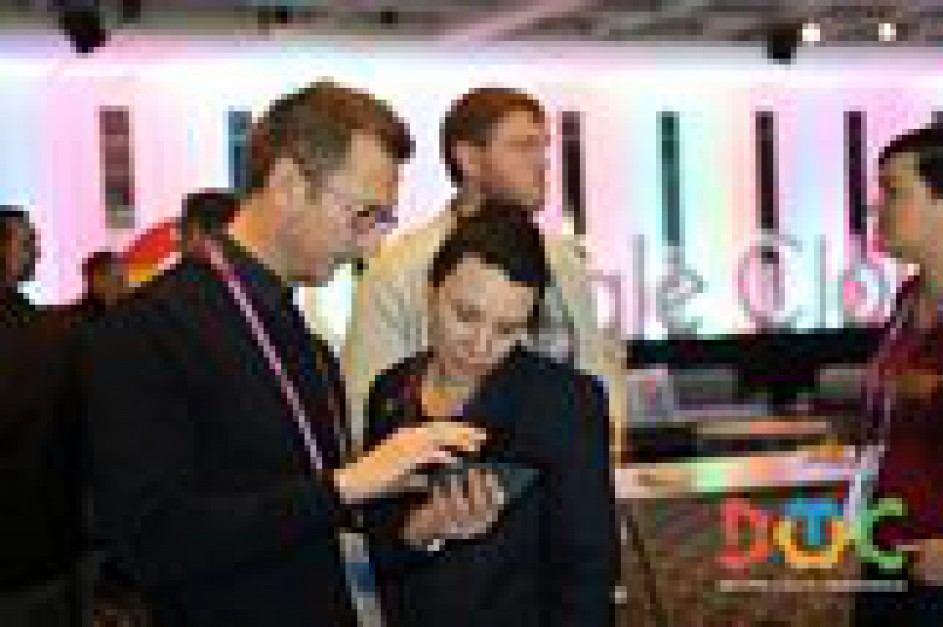
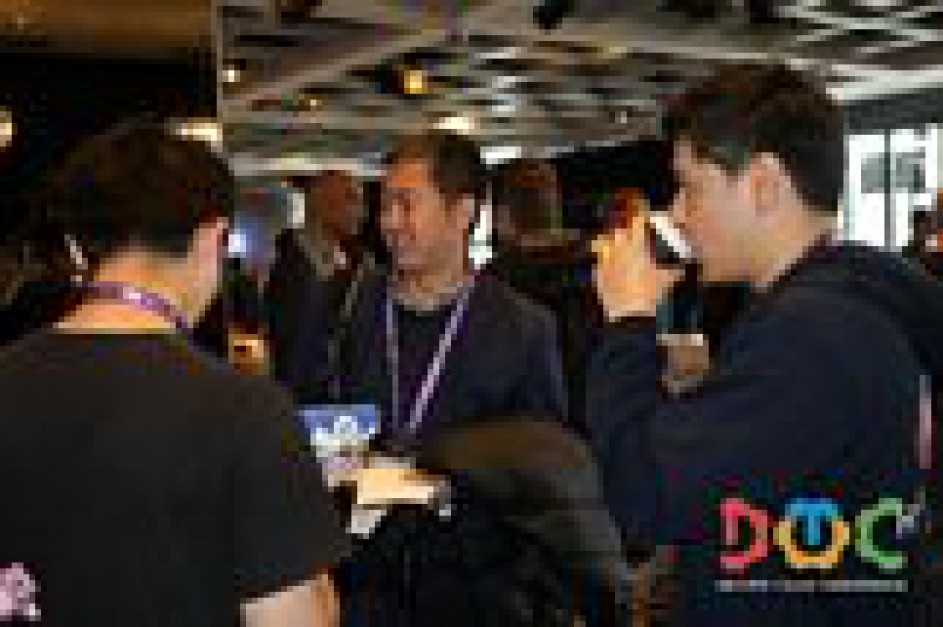
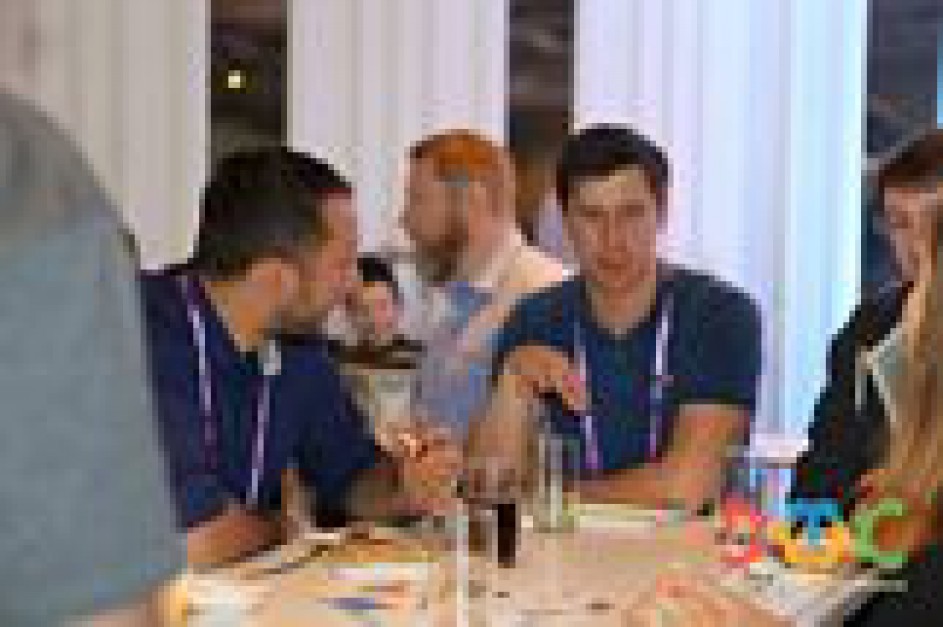
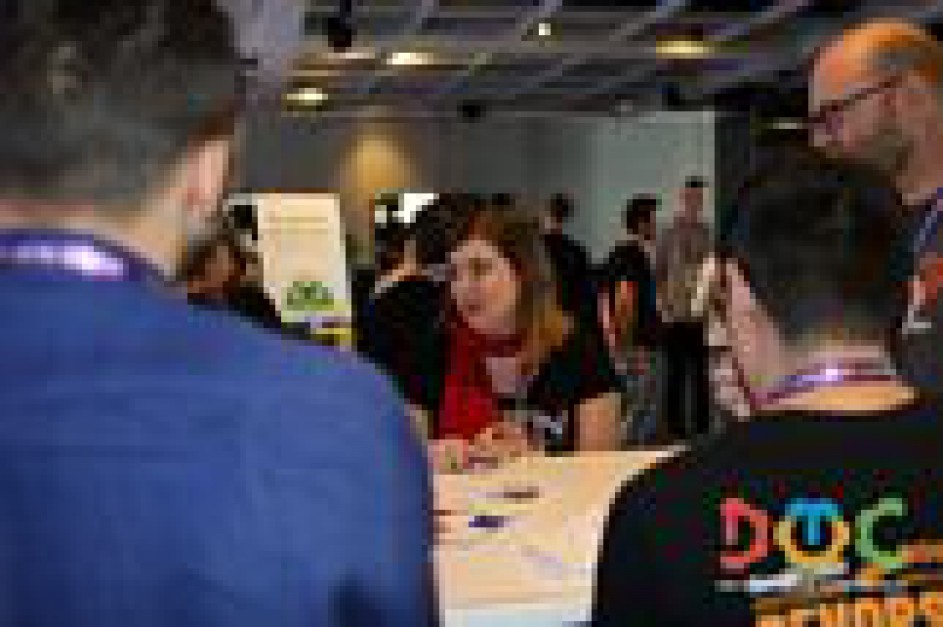
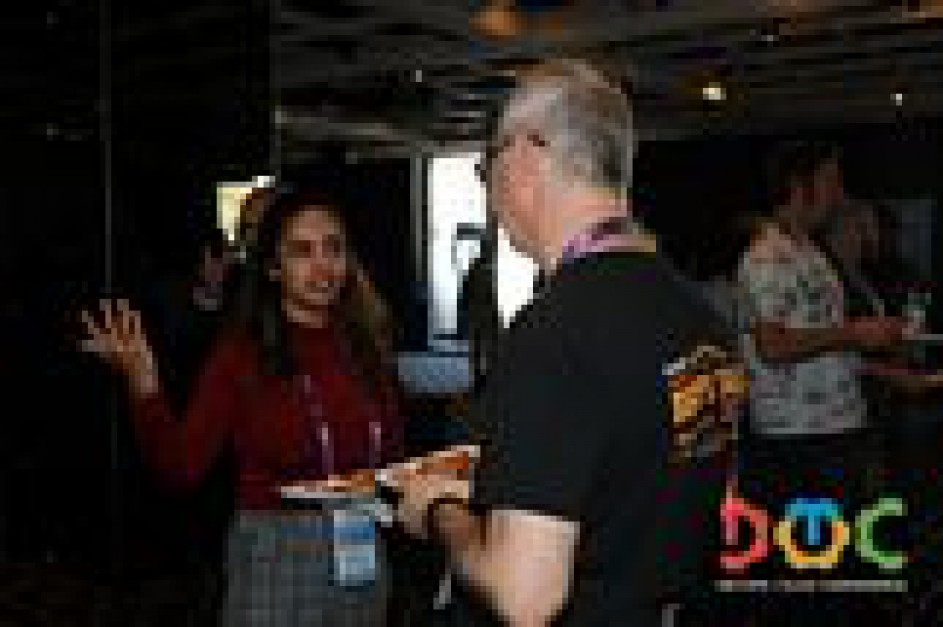
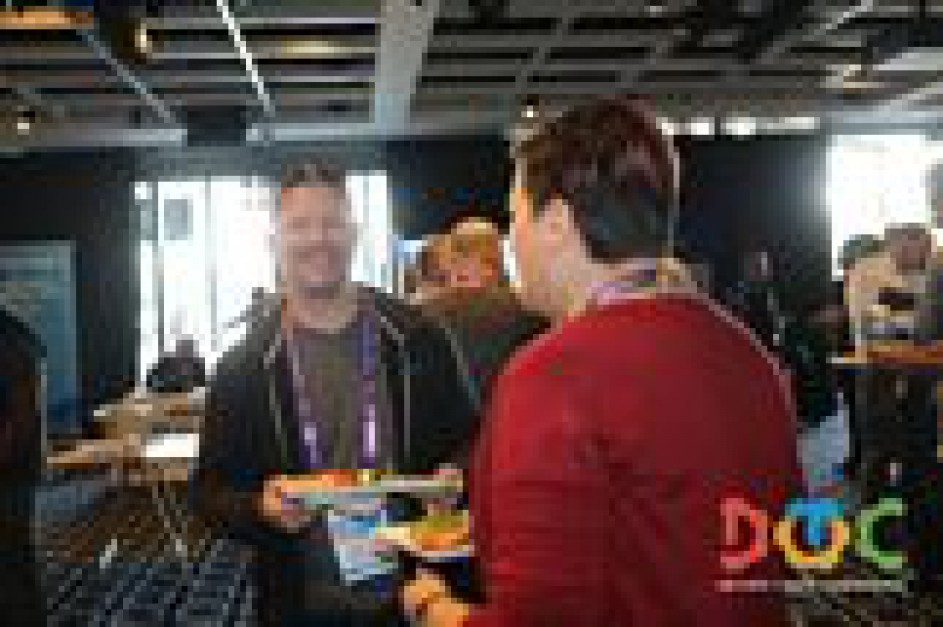
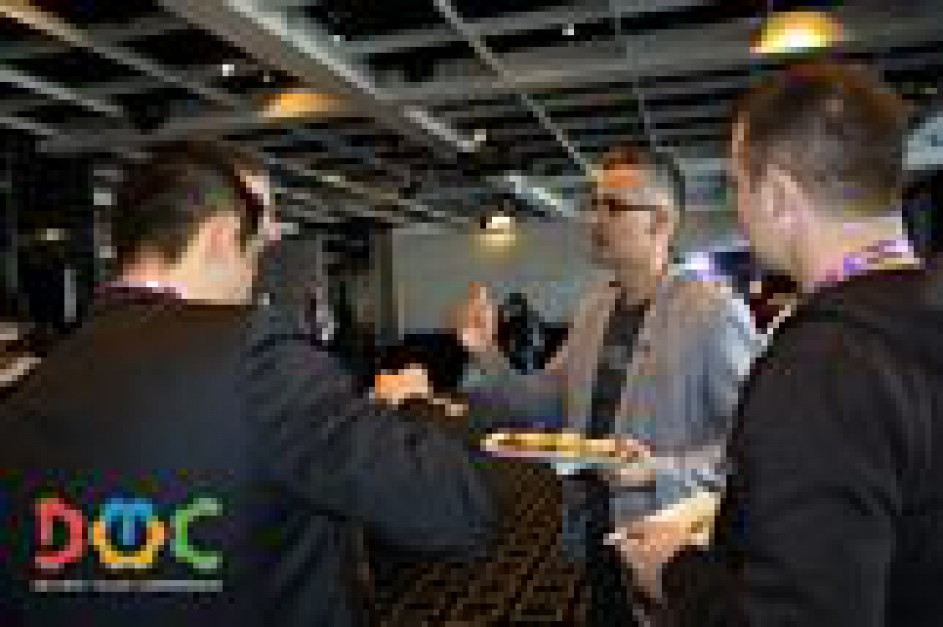
The Boatbuilders Yard 23 South Wharf Promenade,South Wharf, VIC, 3006

DevOps Leadership Workshop
Working through the many changes for yourself and your team, understanding the role of a manager in an agile work environment, dealing with the financial implications of «waterfall» not being the way to do work are just a few of these challenges.
This workshop, lead by managers who have gone through this transition, will focus on the techniques that will set you up for success in managing and directing the DevOps Transformation.
At the end of this workshop participants will be able to
Level 8, 500 Collins Street Melbourne
